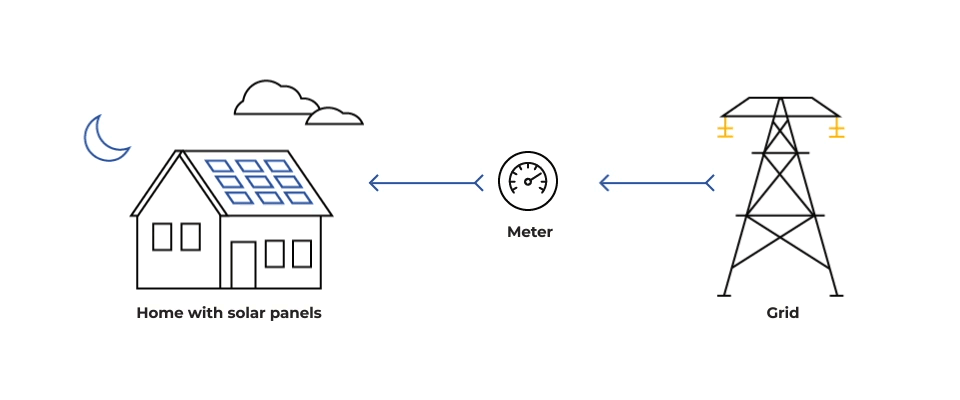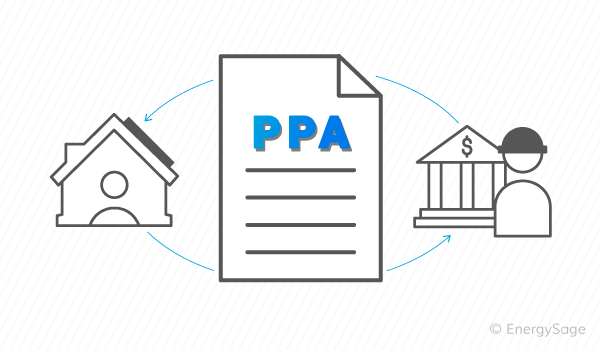The installation of solar panels is the trend now. The commercialization of clean and green solar energy electricity is underway. People are rapidly adopting renewable energy sources these days. India is also becoming a renewable energy superpower. India is attempting to transition to a renewable energy source. The government aims to reach 175 GW of installed renewable energy capacity by the end of 2022. Solar panel installations will yield 100 GW of the total target.
The top solar panel installation company in Mumbai is anticipated to operate at peak efficiency and produce the intended results. To date, 23 GW of the target has been met, with another 40 GW in the process of being installed. India is becoming a world leader in solar energy generation.
Are you aware that a mega-sized solar panel installation can produce up to 87 percent of the energy? This is why the usage of solar rooftop panels is increasing at an unprecedented rate. The installed capacity of solar rooftops increased from 117MW to 1250MW between 2013 and 2016. As a result, solar EPC firms in India want greater incentives.
The National Solar Mission of India, run by the Ministry of New and Renewable Energy, aims to generate 40 GW of power from rooftop solar by 2022. It’s a big project, but it’s definitely doable. To help realize the ideal, the government is providing numerous tax breaks and other incentives.
The following are the tax advantages of solar panel installations:
Tax Benefits: Sales tax safeguards, anti-dumping duty inclusions, excise duty exemptions, and custom duty exceptions are among the direct and indirect tax benefits provided. Project developers are exempt from paying income tax on all project earnings for the first ten years of their existence and operation, and accelerated depreciation (AD) allows solar energy producers to recover 40% of their costs in the first year.

Net metering incentives and banking charges- With the net-metering strategy, the electricity generated by the solar panels is used for self-consumption. The dual electrical flow is made possible by this arrangement. The customer receives the DISCOMs’ electricity bill here. The C&I sector was the first to protest and foresee unfavorable economic prospects, which led to the Banking Charges clause, in which the consumer is paid for net units kept in the grid infrastructure for eventual use. The net meeting policy is well received and aids in the support of both residential and commercial and industrial markets. The new provisions, such as banking charges, are designed to make the Eco-system more sustainable.

Capital subsidies- The government encourages capital subsidies to boost residential rooftop installations in both rural and urban locations. The SRISTI plan is known to function with solar panel installation in urban areas. These are the locations where housing installations can be found. The SUABHAGYA plan aims to install solar rooftops in rural residential areas and provide free electricity to all homes, regardless of their APL or BPL status.

Assured Power Purchase Agreement (PPA)- PPAs are agreements signed by the investor, DISCOM, and regulatory agencies. The solar rooftop’s electricity is totally charged or supplied into the grid at regulated feed-in prices (Fit). State utilities guarantee the purchase of solar power through a PPA that has a negative load and is used on a regular basis. As a result, the investors have put their underused property to good use by constructing solar power plants
Renewable Energy Certificates (RECs)- RECs are tradable certificates that aim to reward those that generate green energy by giving cash incentives for each unit they produce. The REC is issued by the Central Electricity Regulatory Commission and is required for solar rooftop panel installation. It aims to benefit the C&I sector in order to achieve carbon neutrality.
Solar panel installations have always risen in importance in the country as a result of the government’s continual efforts in the form of tax breaks and other subsidies. Due to ongoing marketing throughout the country, production and use are also increasing. In India, there are 44.3 GW of installed solar power capacity, up from 1 GW in the mid-2000s. These favorable developments have been brought about by awareness policies and programs. Both rural and urban areas are experiencing the same rate of growth.



Is there any income tax benifits to individuals for the amount invested for solar panels at home.
Any deduction in IT possible.
No, you will get only subsidy benefits